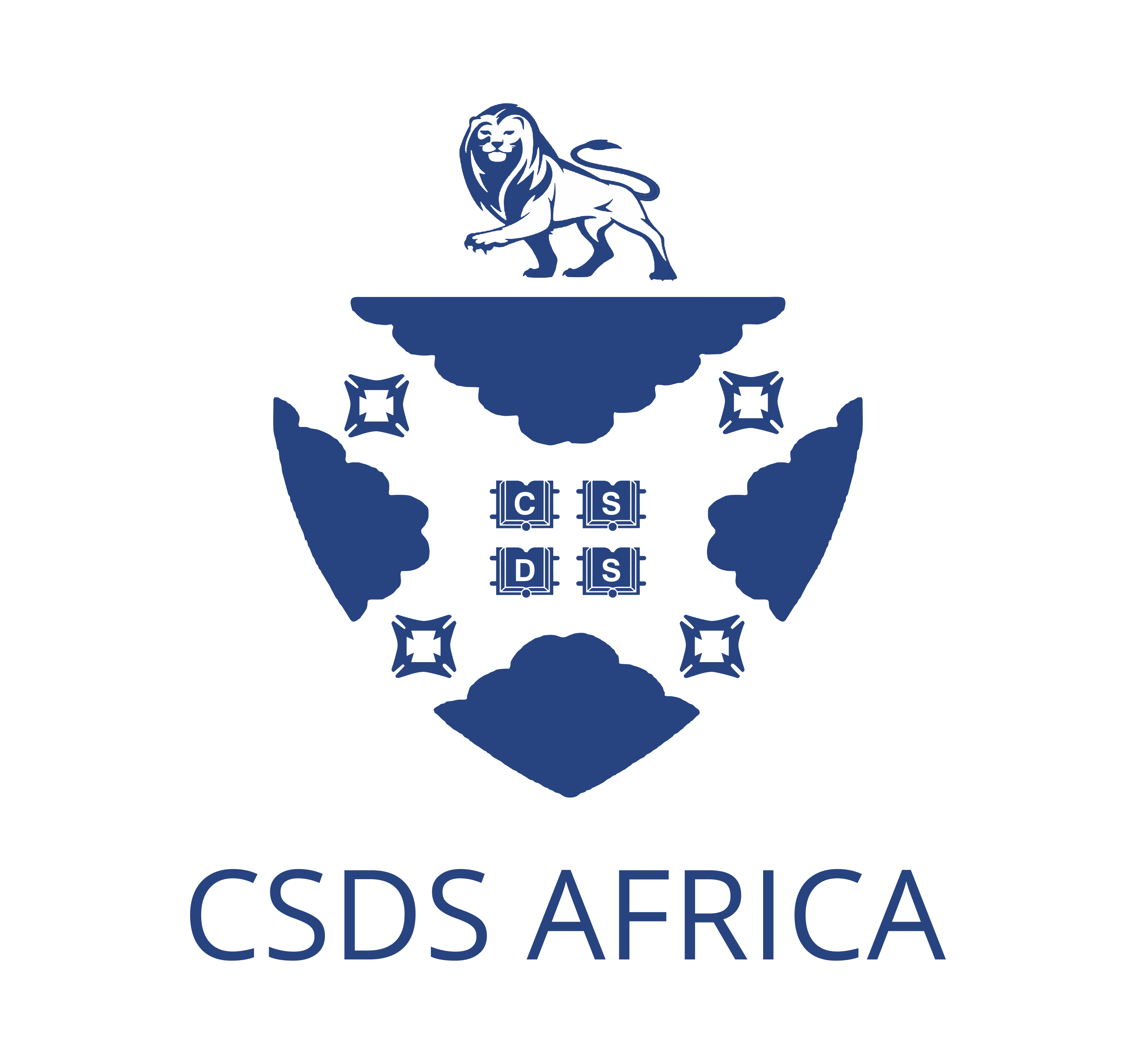ZAMBIA RISK REPORT
Security travel advice for Zambia
SECURITY INFORMATION
Threat level: Medium-High
The current travel advice for Zambia is to remain vigilant during travel in the country. There is a general threat of terror aimed at western travellers, be cautious of this threat and take basic safety precautions during travel. The crime rate in Zambia is relatively high in most parts of the country.
Rural areas are a particular risk to travellers as many locals do not take kindly to outsiders and often take advantage of vulnerable individuals. An increase of ritual murders has taken place since April 2016.
Home invasions and sexual assault are a major problem in larger cities and urban areas of Zambia.
Recent security risk events
Vehicle hijackings and armed banditry is a serious risk in all parts of the country. It is advised not to stray far from the main cities and not to drive during the night. Be vigilant in all areas, keep all vehicle doors locked and windows closed when driving, and remain aware of your surroundings, especially if you have to drive after dark.
The country has experienced some political unrest in recent years. Demonstrations can sometimes turn violent and have resulted in deaths in the past. There is also a risk of student rallies which often get out of hand. You should avoid public gatherings when possible and monitor the local media.
Security risks
Travellers in tourist areas such as national parks and Lusaka often fall victim to bag snatching, pick pocketing and theft from parked cars. Public transport hubs often experience the highest rates of petty crimes, so it essential to be extra vigilant in these areas.
Travel to Copperbelt, Central and Luapula provinces close to the border with the Democratic Republic of the Congo are all highly advised against due to a recent increase in armed banditry and mass murders.
There is a risk of left over mines and other unexploded ordinance from previous wars in remote areas near the borders with Angola, Mozambique and the Democratic Republic of the Congo.
International Relations
Zambia is now a member of 44 international organizations, including the United Nations and African Union. It has been part of the Commonwealth Republic since 1964 and is a member of the non-Aligned movement which sees the country not align itself with any major power bloc.
The country is currently experiencing ongoing border disputes with Botswana, Namibia, Zimbabwe, Malawi, and the Democratic Republic Of Congo. Zambia has been a Commonwealth Republic since 1964.
Travel considerations
You can drive in Zambia on a UK licence, most EU licences and many other national licences for a max of 90 days. Road travel at night in rural areas can be dangerous as many of the roads are in poor condition and are not adequatekly lit. It is advised not to drive at night outside the main towns to reduce the risk of trouble or accidents.
GENERAL INFORMATION
Official languages: English
Religion: Christianity
Currency: Kwacha
Visa requirements
Nationals of Cyprus, Ireland, Malta and Romania are the only nationalities that do not require a visa to enter Zambia. Other nationalities will be required to obtain a visa before travel to enter Zambia.
Immunisations
It is advised that visitors to Zambia are up-to-date with primary boosters such as MMR. It is recommended for most travellers to also get Tetanus, Hepatitis A and Typhoid vaccinations.
There is a low risk of Yellow Fever in some parts of Zambia which you may want to consider a vaccination for. If you are coming from a country where there is a risk of the disease, or transiting for longer than 12 hours in an at risk country, you will have to provide a certificate of Yellow Fever vaccination. Check with your local health professional prior to travel if you are unsure.
Other health risks
Malaria is of high risk during both the wet and dry season in Zambia, precautions should be taken to prevent yourself from contracting the disease. This includes actions such as wearing appropriate clothing and sleeping with a mosquito net during the night.
There are many street food vendors in Lusaka who do not adhere to and health and hygiene standards and as such can lead to stomach illness. It is recommended that you do not purchase from them and if you do, eat from them at your own risk.
CONSULAR INFORMATION
U.S. Embassy Lusaka
Eastern end of Kabulonga Road,
Ibex Hill,
P.O. Box 320065,
Lusaka,
Zambia
Telephone: +260 211 357 000
Email: consularlusaka@state.gov
British High Commission Lusaka
5210 Independence Avenue,
P.O. Box 50050,
15101 Ridgeway,
Lusaka,
10101,
Zambia
Telephone: +260 211 423 200
Email: LusakaGeneralEnquiries@fco.gov.uk



